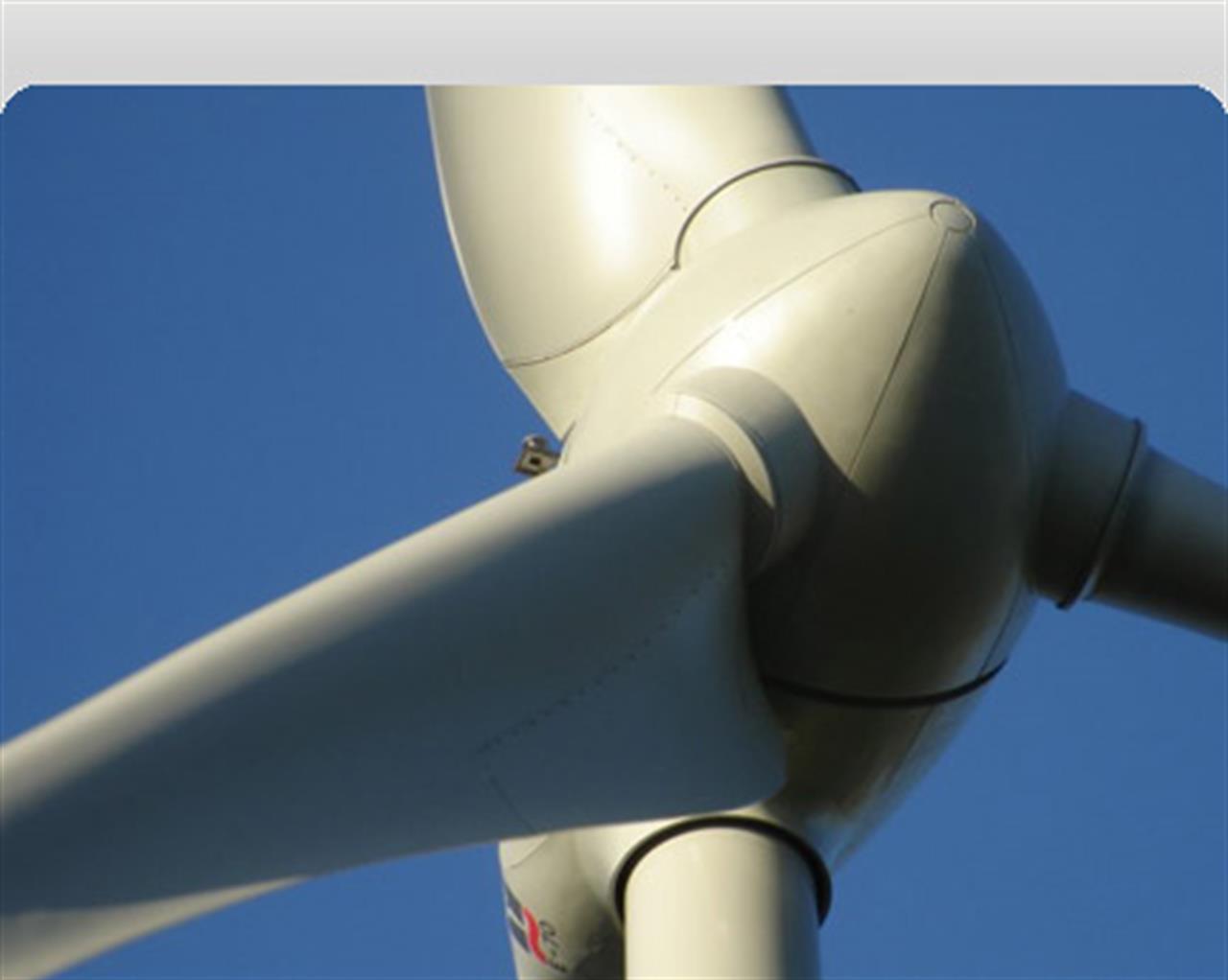Sostenibilità
German climate revolution: ecology at home
Angela Merkel has declared war on global warming. Her weapons? Renewable energy targets, incentives for households, and an “intelligent” open energy market to seek out the best electricity deals throughout the day.
di Staff

The struggle against global warming has now begun within the walls of German homes. The legislative package aimed at protecting the climate recently approved by the Bundestag has been defined “energetic change” by German minister for the environment and social democrat Sigmar Gabriel. Until today steps to prevent climate change have mainly tackled industry and the energy market. Now they will also govern living spaces: household heating, individual electricity consumption and lifestyle habits will all be part of the energy plan.
Prior to the global conference in Bali in December, the federal government had announced that it would launch an integrated climate change programme, and, finally, after months of debate, the programme has been confirmed. Its objective? To stop climatic change, to cut greenhouse gas emissions by 40% by 2020 and to double the use of renewable energy sources for electricity and heating.
News is in store for builders. As of 2009 they will have to make buildings that source 50% of their heat from solar panels, geothermal or biomass energy. According to the ministry for the environment, the new rules will apply to about 175 thousand new buildings, 150 thousand of which will be homes. Existing buildings will not be subject to the new regulation, but funding will be provided for those who decide to invest in insulation and renewable energy.
But the German energy saving measures don’t end here. Starting in 2010, household energy consumption will be mapped by “intelligent” meters, that will measure the output of individual electrical appliances and connect itself to the open energy stock market to find the cheapest and most efficient rate at which to run the washing machine.
By 2020, cogeneration energy plants, that is to say stations that produce electric and thermal energy at the same time, will increase their productivity to reach 25% of the total, compared to today’s 12%. A special law will encourage the same technology to be applied to individual households, including rewards for those who give their surplus energy to the national network. Further, 750 million euros a year will be subsidised for the installation of household stoves to burn corn and wood surpluses.
The percentage of renewable energy sources is expected to pass from 14% to 25/30% in 2020 through the expansion of the wind sea turbines. Incentives aimed at increasing solar sources will, gradually, be reduced.
The added value of all this energy saving is an estimated half a million more jobs, adding to the already 1.8 million people employed by the renewable energy sector in Germany today.
Anti-smog road tax
The Grand Coalition has also agreed after lengthy debates to turn yearly road tax into a climate tax. Starting in 2010 tax will no longer be relative to cylinder capacity, but to the emission of polluting substances. A decision aimed also to help the failing German car industry, that has suffered from the increase in the cost of petrol. The aim is to increase sales of small, less polluting cars.
Despite the criticisms of the Green party and environmental NGOs, who ask for more incentives, the move has been acclaimed by most as a step in the right direction.
Cosa fa VITA?
Da 30 anni VITA è la testata di riferimento dell’innovazione sociale, dell’attivismo civico e del Terzo settore. Siamo un’impresa sociale senza scopo di lucro: raccontiamo storie, promuoviamo campagne, interpelliamo le imprese, la politica e le istituzioni per promuovere i valori dell’interesse generale e del bene comune. Se riusciamo a farlo è grazie a chi decide di sostenerci.
